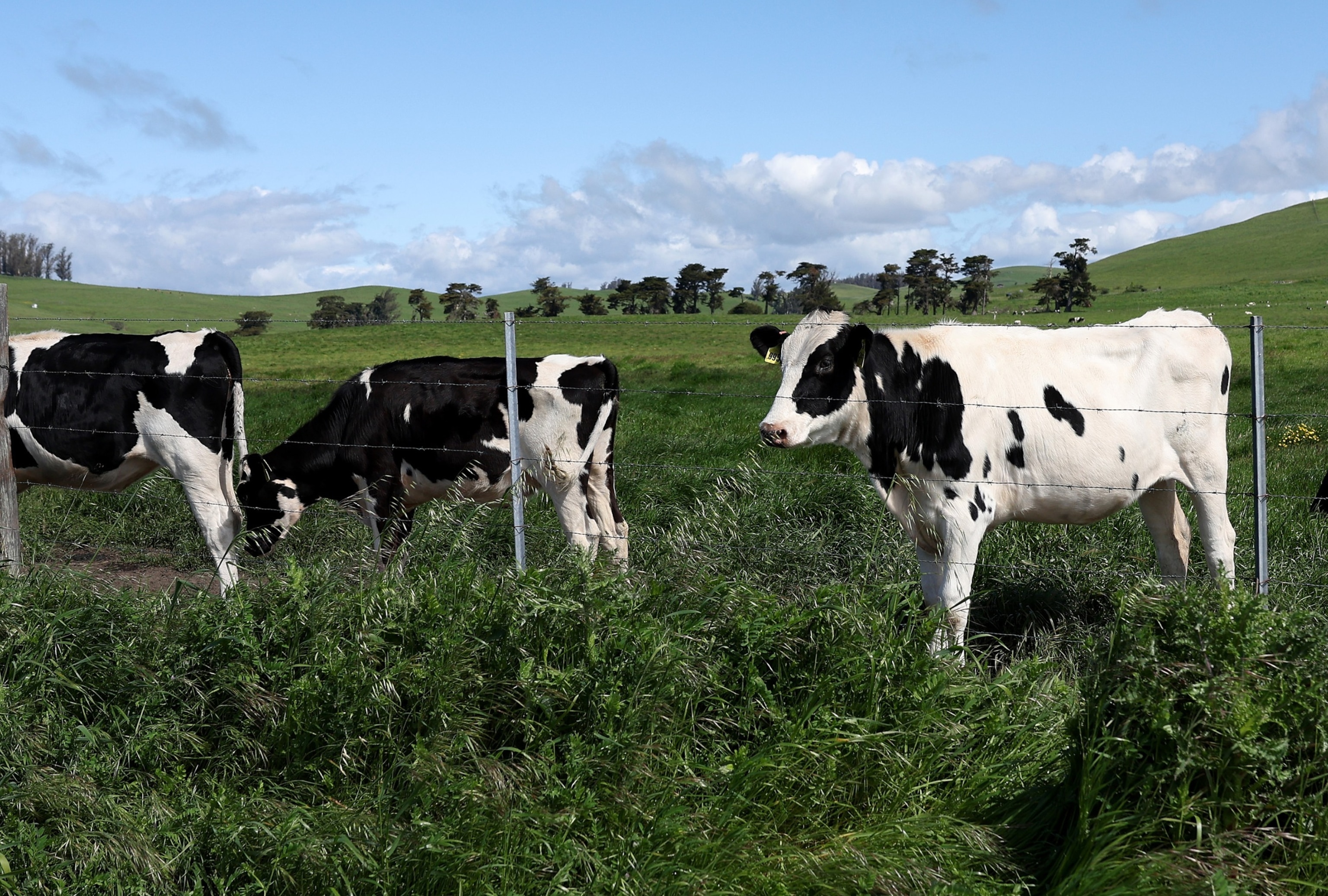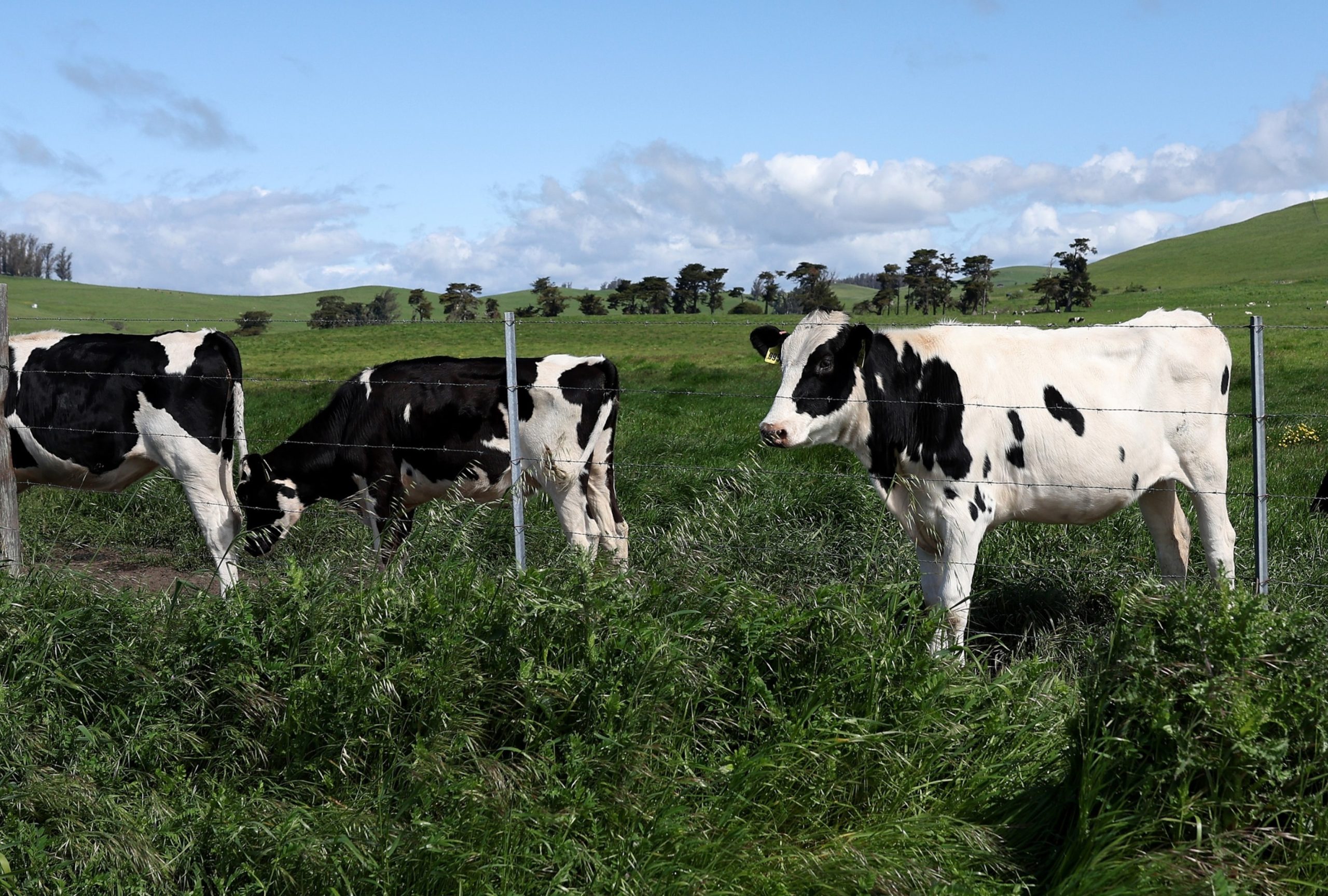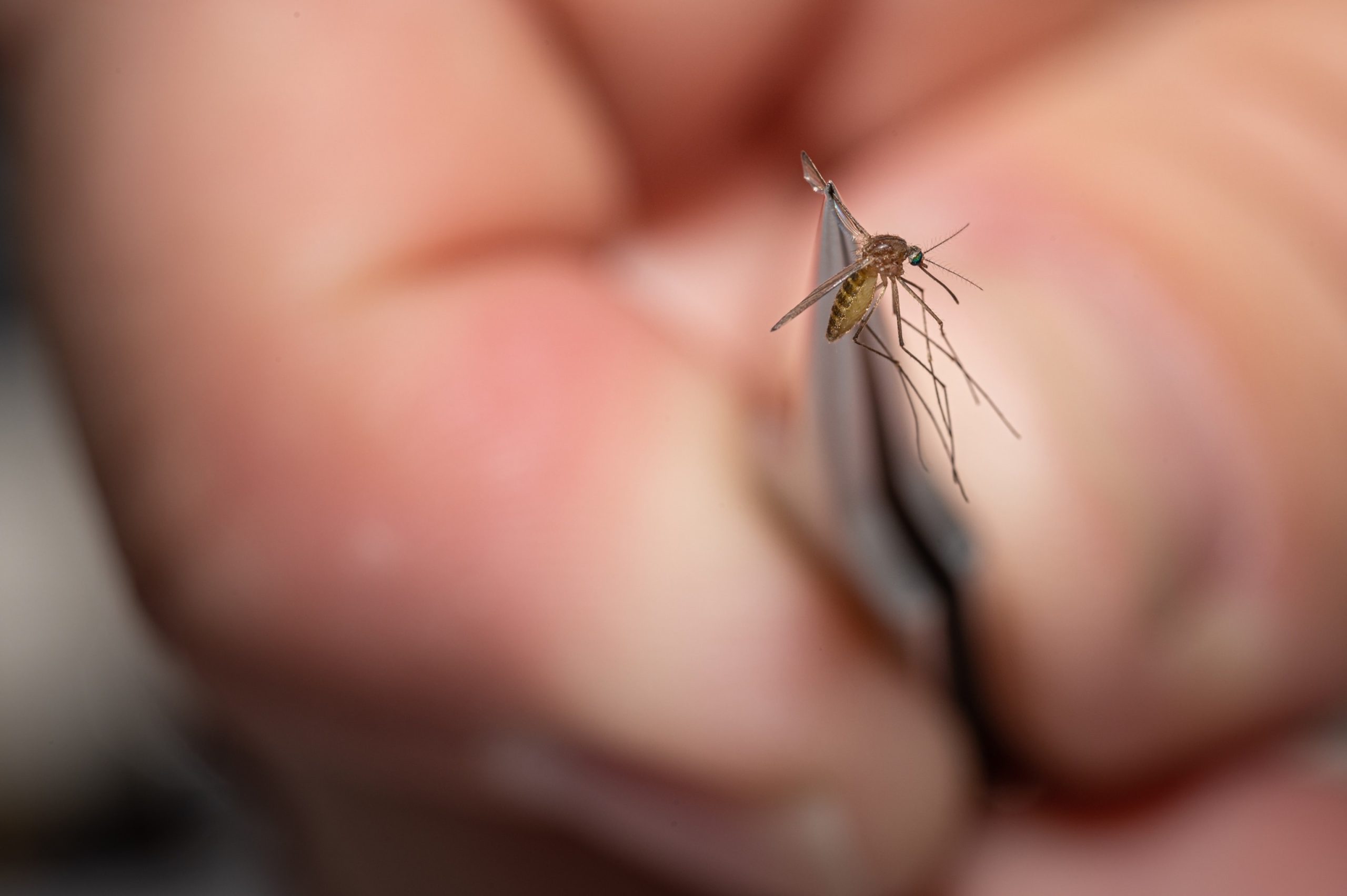A second human case of bird flu has been confirmed in Michigan, bringing the total number of cases in the U.S. this year to three, health officials said.
The most recent case in Michigan is in a farmworker who was exposed to cows infected with bird flu, also known as avian flu, according to the Michigan Department of Health and Human Services (MDHHS).
The patient works on a different dairy farm than the first confirmed Michigan case, which was reported on May 22.
Health officials said the patient was given antiviral medications and is recovering from respiratory symptoms.
The Michigan cases come after the first case was confirmed in Texas in April.

In this April 26, 2024, file photo, cows graze in a field at a dairy farm in Petaluma, Calif.
Justin Sullivan/Getty Images, FILE
However, the risk to the general public remains low, according to the Centers for Disease Control and Prevention (CDC). There is currently no evidence of human-to-human transmission,
MDHHS said farmworkers exposed to infected animals were asked to report symptoms, even if they’re mild.
“With the first case in Michigan, eye symptoms occurred after a direct splash of infected milk to the eye,” Dr. Natasha Bagdasarian, chief medical executive, said in a statement. “With this case, respiratory symptoms occurred after direct exposure to an infected cow. Neither individual was wearing full personal protective equipment (PPE). This tells us that direct exposure to infected livestock poses a risk to humans, and that PPE is an important tool in preventing spread among individuals who work on dairy and poultry farms.”
MDHHS said it recommends seasonal flu vaccination for people working on poultry or dairy farms. The vaccine will not prevent bird flu infection, but can reduce the risk of coinfection with avian and flu viruses.
Similar Stories
In early March, the U.S. Department of Agriculture (USDA) announced a bird flu strain that had sickened millions of birds across the U.S. was identified in several mammals this year.
At the time, three states had reported cases of bird flu in mammals in 2024, including striped skunks found in Washington state, a mountain lion in Montana and a raccoon in Kentucky.
A few weeks later, federal and state public health officials said they were investigating an illness among primarily older dairy cows in Kansas, New Mexico and Texas and causing symptoms including decreased lactation and low appetite.
The USDA said in a statement at the time that “there is no concern about the safety of the commercial milk supply or that this circumstance poses a risk to consumer health.”
Several dairy cows have been infected, resulting in milk samples showing inactive remnants of the virus, but health officials say the food supply is safe.
Last week, the CDC said in a summary on Friday that it is preparing for the “possibility of increased risk to human health” from bird flu as a part of the federal government’s preparedness efforts.
Michigan health officials have confirmed a second case of bird flu in humans, bringing the total number of cases in the state to three for the year. The latest case was reported in a resident of Wayne County who had close contact with infected poultry.
The first two cases were reported in individuals from Huron and Sanilac counties who also had contact with infected birds. All three individuals are currently receiving treatment and are in stable condition.
Bird flu, also known as avian influenza, is a highly contagious viral infection that primarily affects birds but can also be transmitted to humans. The virus is typically spread through contact with infected birds or their droppings.
Symptoms of bird flu in humans can range from mild to severe and may include fever, cough, sore throat, muscle aches, and difficulty breathing. In severe cases, the virus can lead to pneumonia and even death.
Health officials are urging residents to take precautions to prevent the spread of bird flu, including avoiding contact with sick or dead birds, practicing good hygiene, and thoroughly cooking poultry products.
The Michigan Department of Health and Human Services is working closely with local health departments to monitor the situation and prevent further spread of the virus. They are also conducting surveillance of poultry farms and testing birds for the presence of the virus.
While the risk of contracting bird flu remains low for the general public, it is important for individuals who have had contact with infected birds to seek medical attention if they develop symptoms. Early detection and treatment can help prevent complications and reduce the spread of the virus.
As the number of cases of bird flu in humans continues to rise in Michigan, it is crucial for residents to remain vigilant and take necessary precautions to protect themselves and their families. By following proper hygiene practices and avoiding contact with infected birds, we can help prevent the spread of this potentially deadly virus.



